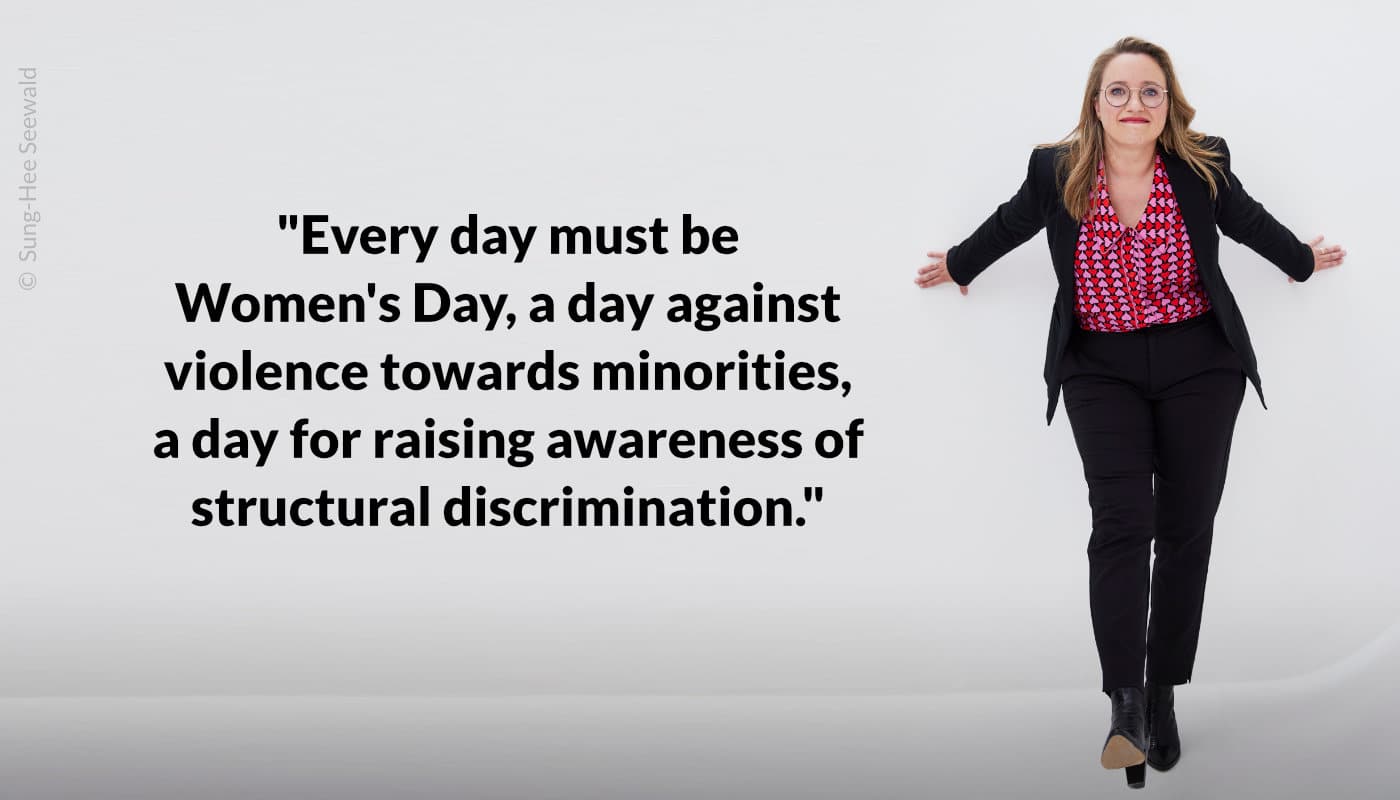In the interview series “Let’s Talk About Money,” the Süddeutsche Zeitung (SZ plus) spoke with the filmmaker and author Doris Dörrie.
In her younger years, she went bankrupt twice. With her first major success as a director, the film “Männer” (1985) – with 6 million viewers in Germany alone – her contract did not include a share of the box office earnings, otherwise she would have become a millionaire. But she sees it positively: “On the other hand, that was good for me. I would probably have completely lost my footing. It was important to stay in my crowd. Otherwise, I wouldn’t have known where I belong at all.”
Money has often been a theme in Dörrie’s films. She describes its role for her as follows: “Well, money is crucial for us. Having too little money is terrible. Having enough money is wonderful. And having a little more than enough is even more wonderful. Having too much is stupid.” Why? “We see these multimillionaires popping up like mushrooms, it produces an injustice, a dissatisfaction, and also a justified anger. It determines our lives extremely, how much money we have. It determines our status, and all stories are about status: Who am I, how do I define myself, do I have control or am I losing control?”
Money as “materialized feelings” has always interested her, as a director and as a person – “and especially in connection with women. Only after 1958 were women in Germany allowed to open a bank account alone. When you look at this long way until today, where we are allowed to be economically independent – thank you very much! – we are no longer dependent on relationships, on being married, on being provided for, on ‘getting married.’ That means a lot also for our feelings. How do we then define love, relationship, wanting to be together, having to be together? That is all very dependent also on the financial situation.”
Ten years ago, Dörrie addressed menopause in the series “Klimawechsel.” “Only now is it slowly becoming a socially widely discussed topic. At that time, ZDF was very afraid to broadcast it. Because we treated the topic with humor and irreverence. That was probably a bit too early.”

Posted by herCAREER,
References:












